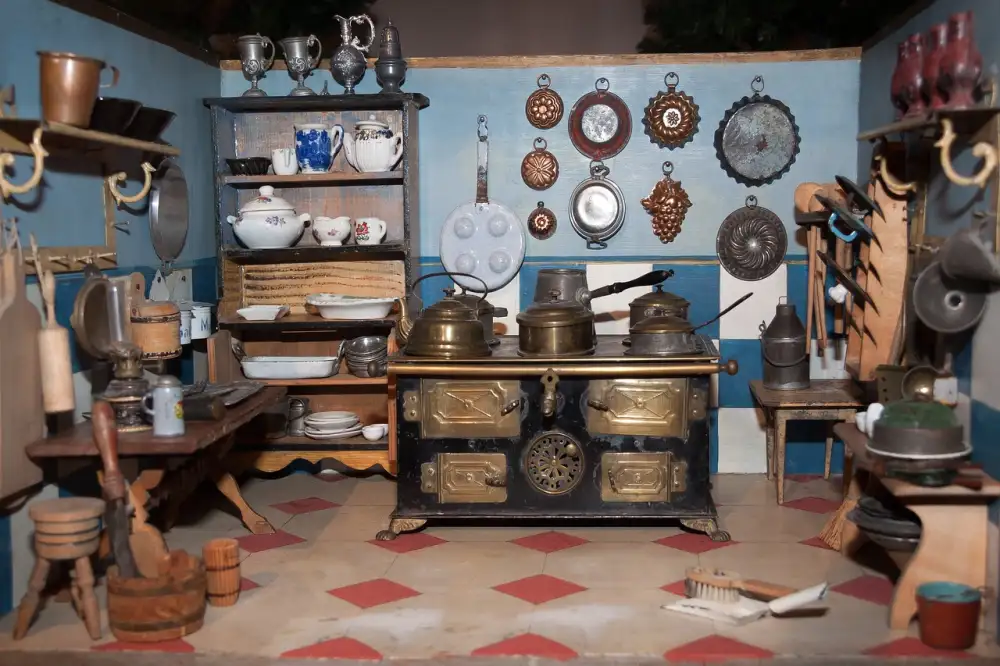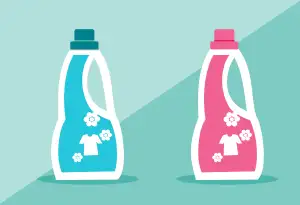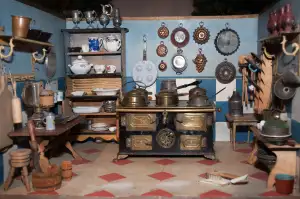Safe and Stylish: Non-Toxic Kitchen Appliances for a Healthier Home

In today's health-conscious world, the importance of using non-toxic kitchen appliances cannot be overstated. These appliances are designed to minimize exposure to harmful chemicals and substances that can leach into our food during the cooking process. By opting for non-toxic kitchen appliances, you can create a safer environment for yourself and your family while also promoting a healthier lifestyle. From cookware to small kitchen gadgets, there is a wide range of non-toxic options available on the market to help you transform your kitchen into a safe and stylish space.
Benefits of Using Non-Toxic Kitchen Appliances
Using non-toxic kitchen appliances offers numerous benefits for both your health and the environment. These appliances are free from harmful chemicals such as BPA, phthalates, lead, and other toxins commonly found in conventional appliances. By opting for non-toxic alternatives, you reduce your exposure to these harmful substances, lowering the risk of respiratory issues, allergies, and even more serious health conditions like cancer. Additionally, non-toxic appliances are eco-friendly as they do not release harmful gases or contribute to air pollution during use. Making the switch to non-toxic kitchen appliances is a step towards creating a safer and healthier home for you and your loved ones.
Common Harmful Substances Found in Conventional Kitchen Appliances
Common harmful substances found in conventional kitchen appliances include Bisphenol A (BPA) in plastic containers and linings, which can leach into food and disrupt hormone function. Perfluorooctanoic acid (PFOA) is often used in non-stick cookware and has been linked to various health issues. Phthalates, found in PVC materials used in appliances, can also migrate into food and have been associated with hormonal disruptions. Lead and cadmium, present in some ceramic dishes and glazes, are toxic heavy metals that can contaminate food if not properly regulated. It's essential to be aware of these substances to make informed choices for a healthier kitchen environment.
Tips for Choosing Non-Toxic Kitchen Appliances
When choosing non-toxic kitchen appliances, look for products that are labeled as BPA-free, phthalate-free, and lead-free. Opt for appliances made from stainless steel, glass, or ceramic materials instead of plastic. Research the brand's reputation for using safe materials in their products. Look for certifications such as UL (Underwriters Laboratories) or Energy Star to ensure safety standards are met. Consider investing in appliances with non-toxic coatings and finishes to prevent chemicals from leaching into your food. Prioritize energy-efficient models to reduce overall environmental impact and promote a healthier home environment.
Top Non-Toxic Kitchen Appliance Brands
When it comes to choosing non-toxic kitchen appliances, there are several reputable brands that prioritize safety and sustainability. Some of the top brands known for their commitment to producing non-toxic kitchen appliances include Bosch, KitchenAid, Miele, and GE Appliances. These brands offer a range of products such as refrigerators, ovens, dishwashers, and more that are free from harmful chemicals like BPA, phthalates, and lead. By opting for appliances from these trusted brands, you can ensure that your kitchen is equipped with safe and environmentally friendly options that contribute to a healthier home environment.
How to Maintain and Clean Non-Toxic Kitchen Appliances
When it comes to maintaining and cleaning non-toxic kitchen appliances, it's important to follow the manufacturer's instructions for each specific appliance. Generally, using gentle, non-abrasive cleaners is recommended to avoid damaging the non-toxic surfaces. For stainless steel appliances, a mixture of water and mild dish soap can effectively clean without leaving streaks. Vinegar is a natural cleaner that can be used to remove stains and odors from appliances like refrigerators and dishwashers. Regularly cleaning the filters and vents of appliances such as range hoods and air purifiers can help maintain their efficiency and prolong their lifespan. By taking proper care of your non-toxic kitchen appliances, you can ensure they continue to function optimally while promoting a healthier home environment for you and your family.
In conclusion, making the switch to non-toxic kitchen appliances is not only beneficial for your health but also for the environment. By choosing appliances free from harmful substances such as BPA, lead, and phthalates, you are reducing your exposure to toxins that can have long-term effects on your well-being. Investing in non-toxic kitchen appliances from reputable brands ensures that you are creating a safer cooking environment for you and your family. By prioritizing health and sustainability in your kitchen choices, you are taking a significant step towards embracing a healthier lifestyle overall.
Published: 12. 04. 2024
Category: Home



